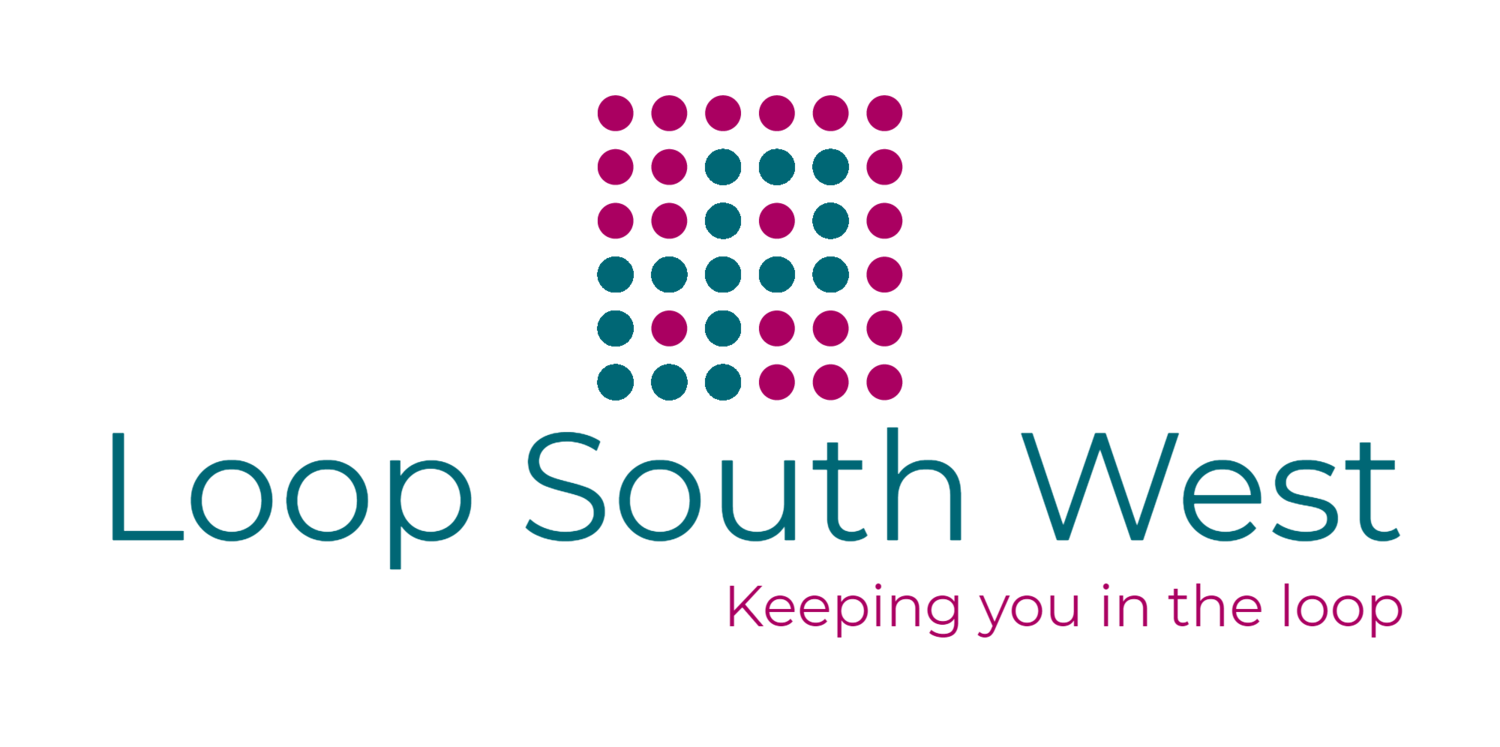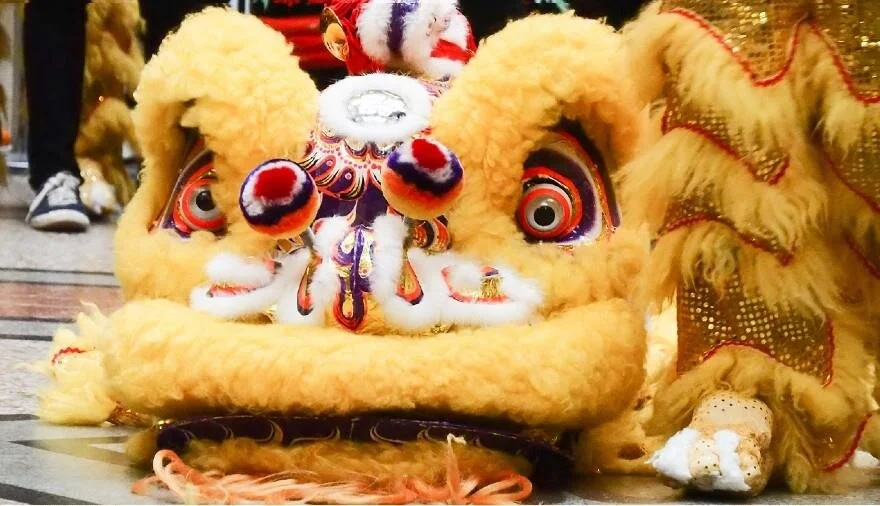New school textbook available on the history of slavery in Bristol
Secondary school pupils in Bristol will be soon able to learn more about Bristol’s involvement in the transatlantic traffic in enslaved Africans thanks to a new textbook.
A group of eight Bristol history teachers have been working together over recent months to improve available teaching materials about Bristol’s historic links to slavery in collaboration with Bristol Museums. The group consulted on the text book with leading academics and black teachers in Bristol and London, along with a Bristol-based network of African and African-Caribbean community organisations, African Voices Forum, as well as local teaching experts from the University of Bristol. Together they have supplemented the existing curriculum so that schoolchildren in Bristol have a better chance of fully understanding this part of Bristol’s story.
The new A4 colour textbook is called ‘Bristol and Transatlantic Slavery: origins, impact and legacy’ and is aimed at Year 8 students. M Shed is providing all the images of objects, archive documents and artworks from its collections which will illustrate the textbook, and are funding the design and printing.
Councillor Asher Craig, Deputy Mayor - Communities, Equalities and Public Health, at Bristol City Council said:
“Bristol has a unique history and our teaching community wanted to develop some new and engaging resources to teach secondary school pupils about this part of our city’s past. We have previously created resources for schools focussing on Bristol’s Bus Boycott, and this new textbook on transatlantic slavery has been put together by history teachers in Bristol, using images from Bristol Archives. It will be a great way to help tell Bristol’s story to those growing up in the city and future generations.”
The textbook has been written in consultation with local academics, museum experts and teachers, to make sure that it is accurate and inclusive. The content covers the period from 1440 right up to the events of last year as well as the legacies of the traffic in enslaved Africans in the city.
Cashan Campbell, Assistant Vice Principal, at Fairfield High School said:
“The ‘Bristol and Transatlantic Slavery’ textbook is an opportunity to provide a quality learning resource for all students, regardless of their race, heritage, and identity. As a black educator that has grown up in the city and who attended the school I now teach and lead in, I truly believe that representation is vital.
“It is so important for all students, especially black students, to understand that Black History is not just about slavery. There is a whole diaspora of learning, discovery and pride that black students can feel because of this textbook and that is not only exciting but demonstrates that a time of change is upon us.
“By incorporating this textbook in our curriculum, in our library and as a listed resource on our school website, it will ensure that students can learn and ask questions. Ultimately, those questions will enable more research and discovery pertaining to Black History, understanding the context of the city we live in and reflecting on the changes that have happened and where we would like to continue to go in the future.”
Professor Tim Cole, Chair of the We Are Bristol History Commission, said:
“After the toppling of the Colston statue in June 2020, the history found on the streets of our city became much debated - not only in Bristol but far beyond. One thing that has struck me about some of these debates is that they raise bigger questions about what history is and why it matters. Sometimes history is seen as primarily being a way to boost national or local pride. In that version, history is something we use to create an identity based on a shared story of achievement.
“But there is another way of thinking about history and its role in the present. As an opportunity for critical reflection – not to judge the past, but to learn from it and reflect upon it. This is a book that takes that approach and asks us to explore the complexity of Transatlantic Slavery and the various ways that its legacies can still be seen on the streets of our city. It is a book that invites us to critically examine the past, but also to critically question the present and so reimagine the future together.”
The textbook will be available to schools to purchase this summer in time for the next school term starting this autumn.
Schools interested in purchasing the textbook should contact: museumbookings@bristol.gov.uk






